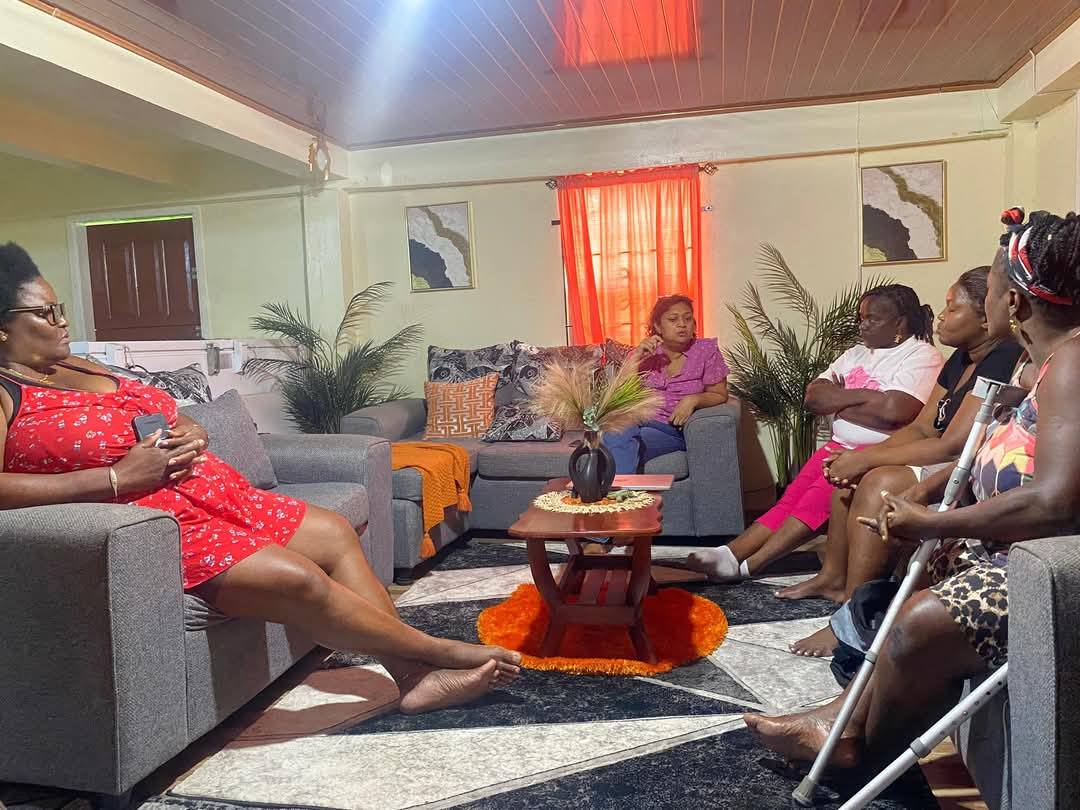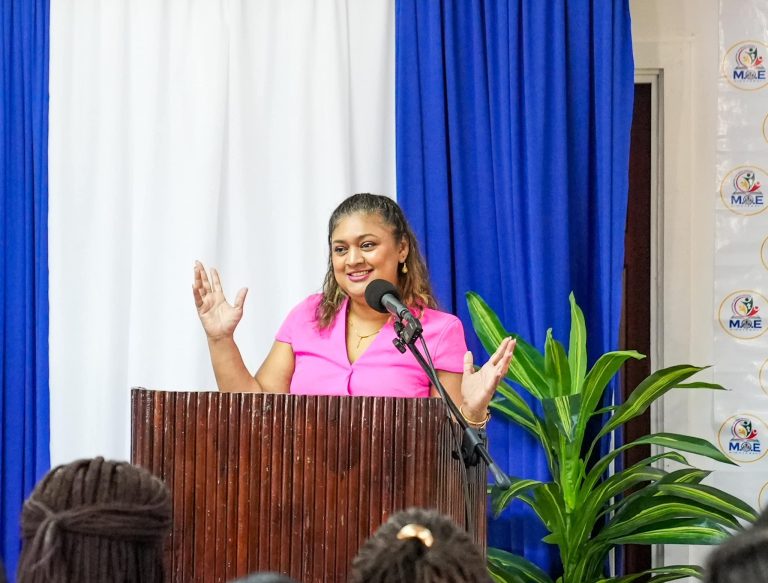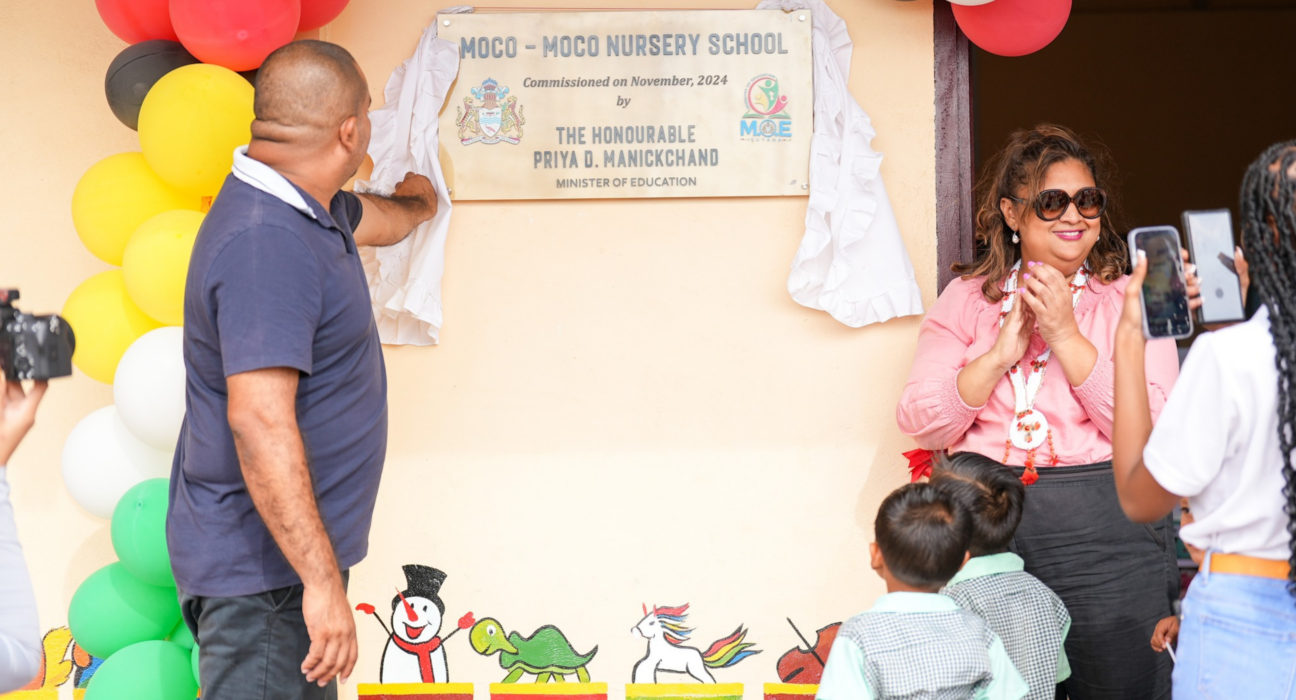THE seventh Inter-American Meeting of Ministers of Education was hosted in Suriname recently, through the Organisation of American States (OAS), to devise ways in which to transform the role of teachers to meet the challenges of the 21st Century.
The objective was to analyse the current status of the teaching profession in the various regions and propose policies and strategies that strengthen the functions of professional educators.
The two-day gathering saw government representatives, including Guyana’s Education Minister Priya Manickchand, involved in nine plenary sessions, seeking to determine what kind of teaching today’s student requires and the part governments can play in ensuring quality learning for all.
Twenty-two delegations from member states, among them nine ministers, started discussions on March 1, with the adoption of the ‘Declaration of Paramaribo: Transforming the role of teachers to meet the challenges of the XXI Century.’
Ms. Manickchand, in an interview with the Guyana Chronicle, said the initiative was one of the best ways forward and the education sector will be successful with this international collaboration.
She said she is pleased with the outcome and that Guyana stands to benefit significantly from the recent long term intervention which seeks to modernise the education system worldwide.
Minister Manickchand said Guyana has agreed to be a part of this new dialogue and will work towards improving the sector locally, as well.
She said she and other government officials from the various countries, represented at the March 1 and 2 talks in Paramaribo, agreed that ensuring quality education is one of the pillars of the Millennium Development Goals (MDGs).
FIRST SESSION
The first session focused on ‘State of the Art of Teacher Policies in Latin America and the Caribbean’, as proposed by a university in Chile and supported by the United Nations Educational, Scientific and Cultural Organisation (UNESCO) Regional Education Office for Latin America and the Caribbean.
The delegations, comprising ministers and other education officials, were in agreement that the sharing of experiences is key to addressing the many challenges that teaching currently faces.
Coming out of these discussions, a report is to be submitted to UNESCO in May, targeting the researches that were carried out in some of the countries, with the goal of analysing, among other things, the situation of teachers in the hemisphere, their education, professional development, work conditions and professional career.
A release from the OAS quoted Surinamese Vice-President Robert Ameerali as stating that education is inseparable from the development of human capital.
He said the education system is a measurement of a country’s development and governments must be fully committed to it.
“When students fail, the teacher has failed. When the teacher fails, the system has failed; when the system fails, we, as politicians, have failed,” Ameerali said.
Source: https://guyanachronicle.com/2012/03/06/meeting-in-suriname




